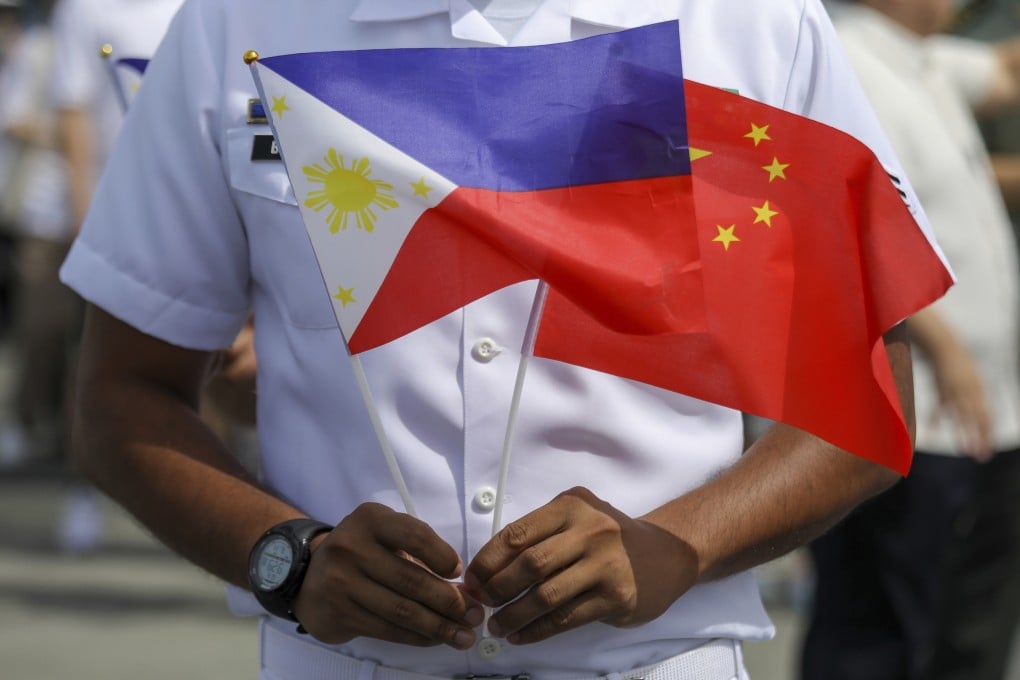What the Philippines’ bid for a UN Security Council seat means for China
Manila would be able to raise South China Sea-related issues that could ‘embarrass’ Beijing and nudge it into a compromise, analysts say

“We need to further strengthen multilateralism efforts that will reform the Security Council and revitalise the general sentiment,” Marcos Jnr said last weekend during a toast at the “vin d’honneur”, a formal gathering at the presidential palace attended by diplomats, including China’s ambassador.
The president’s appeal, which stressed the importance of a “rules-based international order”, asserted his administration’s determination to assert its place in global diplomacy. He pointed to the Philippines’ “rich experience” in peacekeeping, consensus-building, and fostering cooperation as the foundation for its candidacy for the 2027–28 Security Council term.
“With a long history and a credible record of multilateral diplomacy,” he said, “the Philippines is in a very strong position to take on more leadership roles that seek to advocate on consequential issues in the global agenda.”
But while Marcos Jnr paints a picture of high-minded diplomacy, analysts say his campaign carries clear strategic intent: leveraging the Security Council seat to corner Beijing.